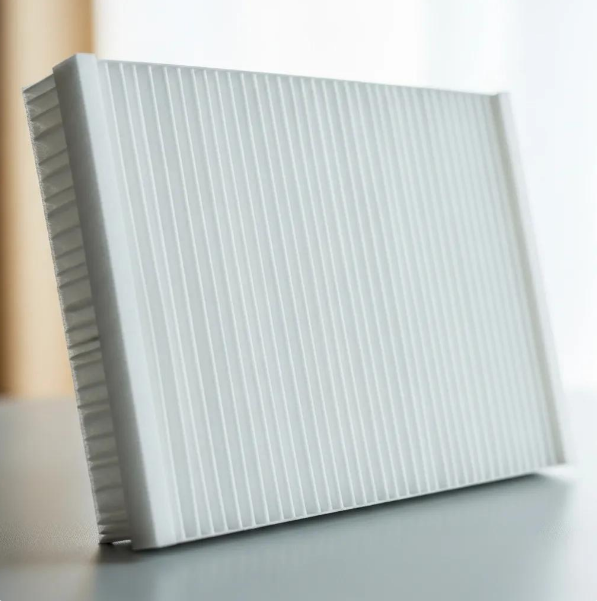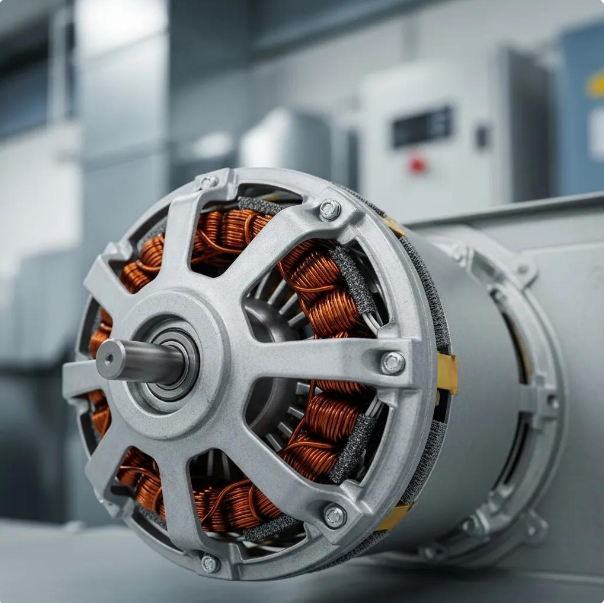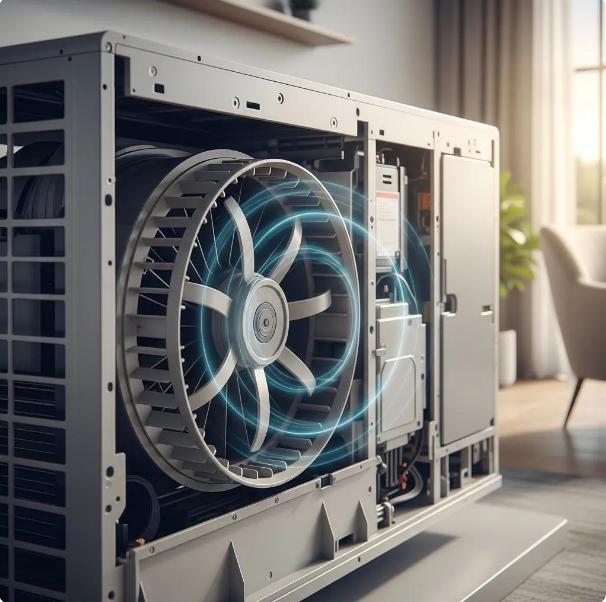How to Choose an Energy-Efficient Air Conditioner


Government Rebates Now Available on Energy-Efficient Air Conditioners when Replacing your Gas Heater.
An energy-efficient air conditioner is a cooling system designed to provide optimal temperature control while consuming minimal electricity. Many consumers face difficulty when selecting an energy-efficient air conditioner due to the overwhelming variety of options available and the technical jargon associated with energy ratings. The complexity of understanding energy efficiency metrics and comparing different models can be particularly challenging for those unfamiliar with air conditioning technology.
When choosing an efficient air conditioner, it's important to consider several factors. First, assess the size of the space to be cooled to ensure you select an appropriately sized unit. Next, examine the energy star rating label to compare the efficiency of different models. Additionally, consider the type of air conditioner that best suits your needs, such as split systems or ducted systems. Finally, look for models with energy-saving features like inverter technology and programmable timers.
To maintain the efficiency of your air conditioner, regular maintenance is essential. This includes cleaning or replacing filters, ensuring proper insulation, and scheduling professional servicing. By keeping your system in top condition, you can maximise its energy efficiency throughout its lifespan.
An "energy efficient air conditioning system" not only helps reduce electricity bills but also minimises environmental impact by reducing greenhouse gas emissions.
What is an Energy-Efficient Air Conditioner?
An energy-efficient air conditioner is a cooling system that provides optimal temperature control while consuming less electricity compared to standard models. These units are designed to maximise cooling output while minimising energy input, often utilising advanced technologies like inverter compressors and smart sensors. In Australia, energy efficiency is measured and displayed using the star rating label system, with more stars indicating higher efficiency.
The benefits of having an energy-efficient air conditioner are substantial. They include lower electricity bills, reduced carbon footprint, and often improved performance and longevity. Studies have shown that upgrading from a 2-star to a 5-star rated air conditioner can save households up to 30% on their cooling costs. For an average Australian household, this could translate to savings of $200-$300 per year on electricity bills.
What are Star Rating Labels?
Star rating labels are standardised energy efficiency indicators used in Australia for various appliances, including air conditioners. These labels display a rating from 1 to 10 stars, with more stars indicating higher energy efficiency. The main purpose of star rating labels is to provide consumers with a clear, easy-to-understand comparison tool when shopping for appliances. They help buyers make informed decisions about the long-term running costs and environmental impact of their purchases.
5 Steps to Choose the Best Energy-Efficient Air Conditioner to Install
When selecting an energy-efficient air conditioner, it's important to consider various factors to ensure you get the best value for your money and optimal performance for your space. The following steps will guide you through the process of choosing the most suitable energy-efficient air conditioner for your needs.
1. Choose the Right Size of Air Conditioning
Selecting the correct size of air conditioner is important for energy efficiency. An oversized unit will cycle on and off too frequently, wasting energy and failing to dehumidify properly. Conversely, an undersized unit will struggle to cool the space, running constantly and consuming excess energy. To determine the right size, calculate the square metreage of the area to be cooled and consult with a professional to account for factors like ceiling height, insulation, and local climate.
2. Choose the Best Air Conditioning Type for You
The type of air conditioner you choose significantly impacts its energy efficiency. Split systems are generally more efficient for single rooms or open-plan areas, while ducted systems might be more suitable for whole-house cooling. Consider your specific needs, such as the number of rooms to be cooled, your budget, and the structural limitations of your property when selecting the type of air conditioner.
3. Choose the Right Air Conditioning Brands
Selecting a reputable brand is important for ensuring long-term energy efficiency and reliability. Established brands often invest more in research and development, resulting in more advanced energy-saving technologies. Look for brands with a track record of producing energy-efficient models and positive customer reviews regarding performance and durability.
4. Choose the Air Conditioning Model with Energy Savings Features
When selecting an air conditioning model, prioritise those with energy-saving features. Look for inverter technology, which allows the compressor to run at variable speeds, adjusting its output to maintain the desired temperature more efficiently. Other beneficial features include programmable timers, sleep modes, and smart connectivity options that allow for more precise control and scheduling of your air conditioner's operation.
What are the Tips to Improve Air Conditioning Energy Efficiency?
For those who already have an air conditioner and want to improve its energy efficiency, there are several strategies to consider. First, ensure your home is well-insulated to prevent cool air from escaping. This can reduce your air conditioner's workload by up to 30%, according to studies by the Australian Department of Industry, Science, Energy and Resources. Regularly clean or replace air filters to maintain optimal airflow and efficiency. Use ceiling fans in conjunction with your air conditioner to improve air circulation and allow you to set the thermostat a few degrees higher without sacrificing comfort. Additionally, consider installing external shading or reflective window films to reduce heat gain, which can lower cooling costs by up to 15%, according to research by the CSIRO.
What are the Best Air Conditioning Types to Install?
The best air conditioning types to install for energy efficiency are generally split systems and reverse cycle air conditioners. Split systems are highly efficient for cooling single rooms or open-plan areas, offering excellent energy ratings and precise temperature control. Reverse-cycle air conditioners provide both heating and cooling, making them versatile and cost-effective year-round. When choosing between these types, consider factors such as the size of the space to be conditioned, your climate, and your budget. For larger homes or commercial spaces, a ducted system might be more appropriate, though these typically have higher running costs.
Who Can Help on Choosing the Right Air Conditioning Type to Install?
Professional HVAC technicians are best equipped to help you choose the right air conditioning type for your specific needs. In Melbourne, Oz Air Group has established a strong reputation for our expertise in air conditioning installation and energy efficiency consulting. With years of experience in the industry, Oz Air Group's technicians can provide valuable insights into the most suitable and energy-efficient systems for your property, taking into account factors such as room size, insulation, and local climate conditions.
How to Find a Reliable Air Conditioner Installer in Melbourne?
To find a reliable air conditioner installer in Melbourne, start by researching companies with strong reputations and positive customer reviews. Look for businesses that are licensed and accredited by relevant industry bodies. Check if they offer comprehensive services, including pre-installation assessments and after-sales support. Oz Air Group in Melbourne stands out in this regard, known for its professional approach, technical expertise, and commitment to customer satisfaction. They offer detailed energy efficiency consultations and customised installation solutions, ensuring that clients receive the most suitable and energy-efficient air conditioning systems for their needs.
Areas we service
Oz Air covers Melbourne and its northern suburbs.

Get in touch






.png)









.png)